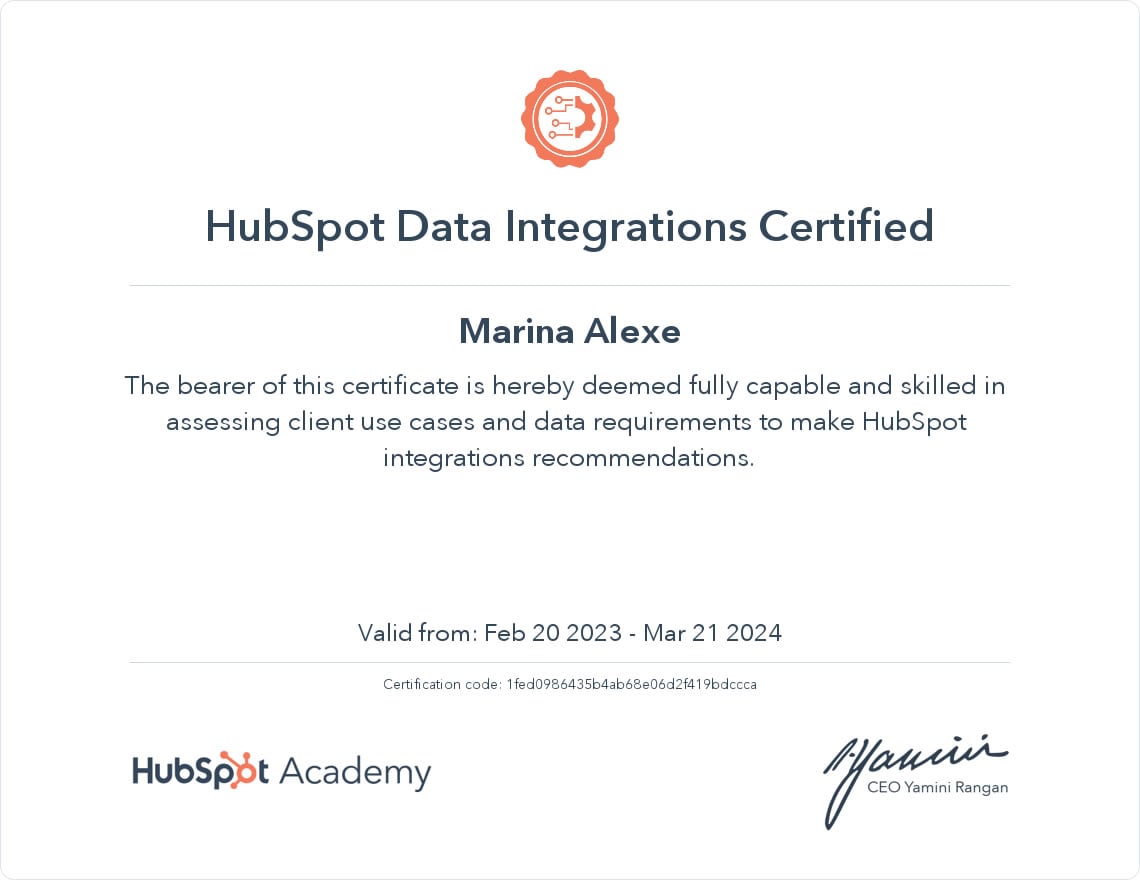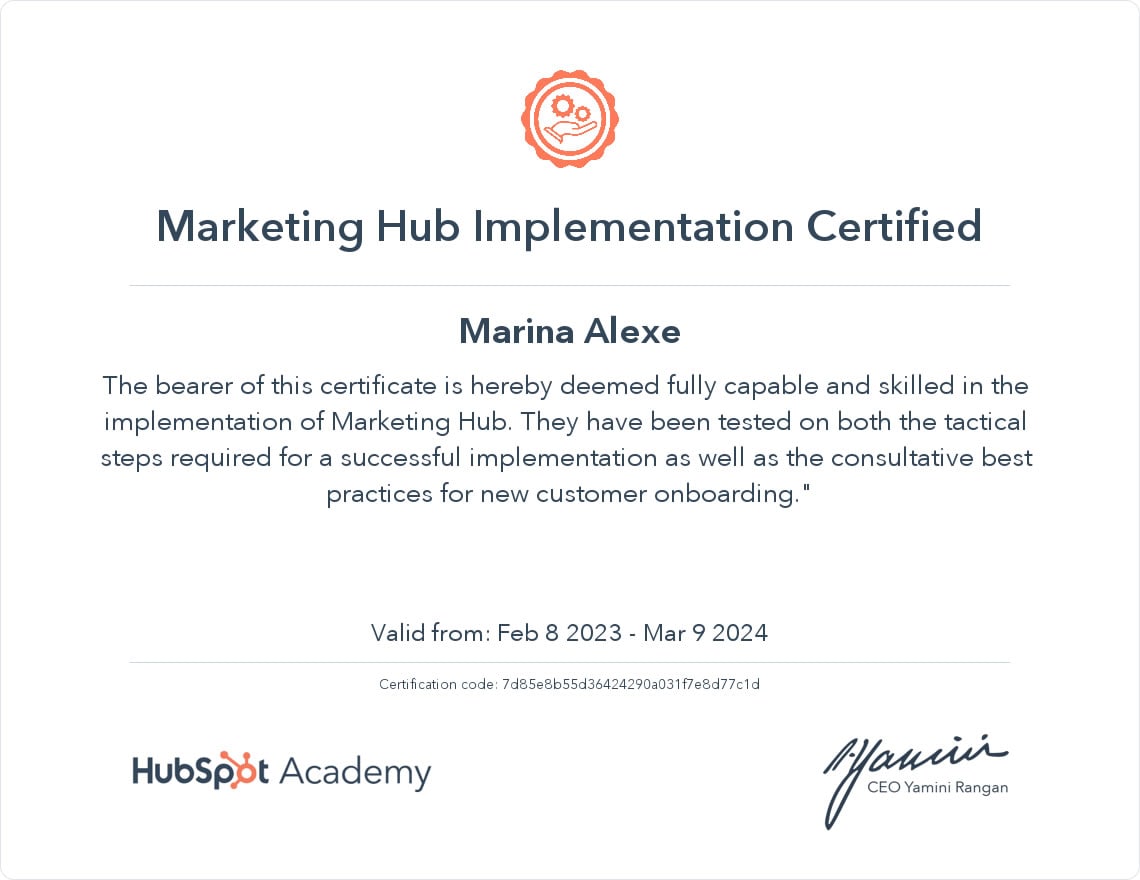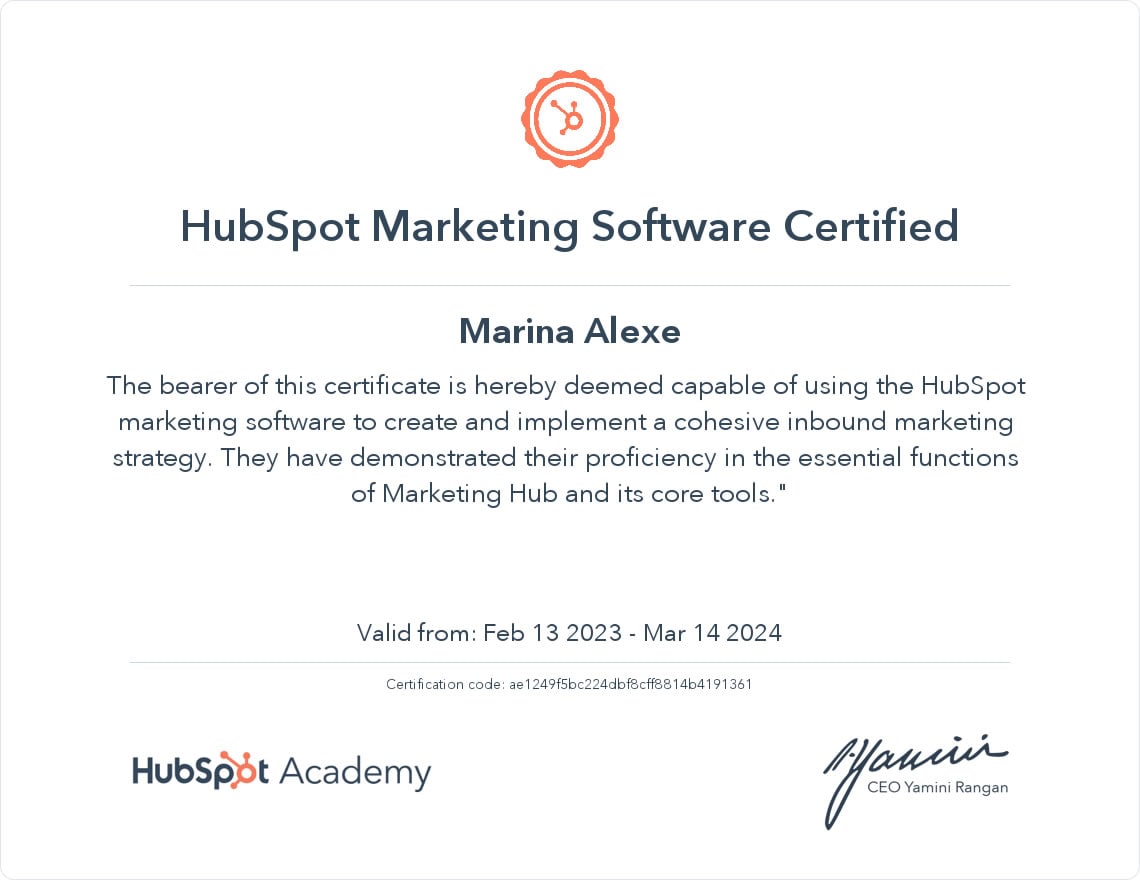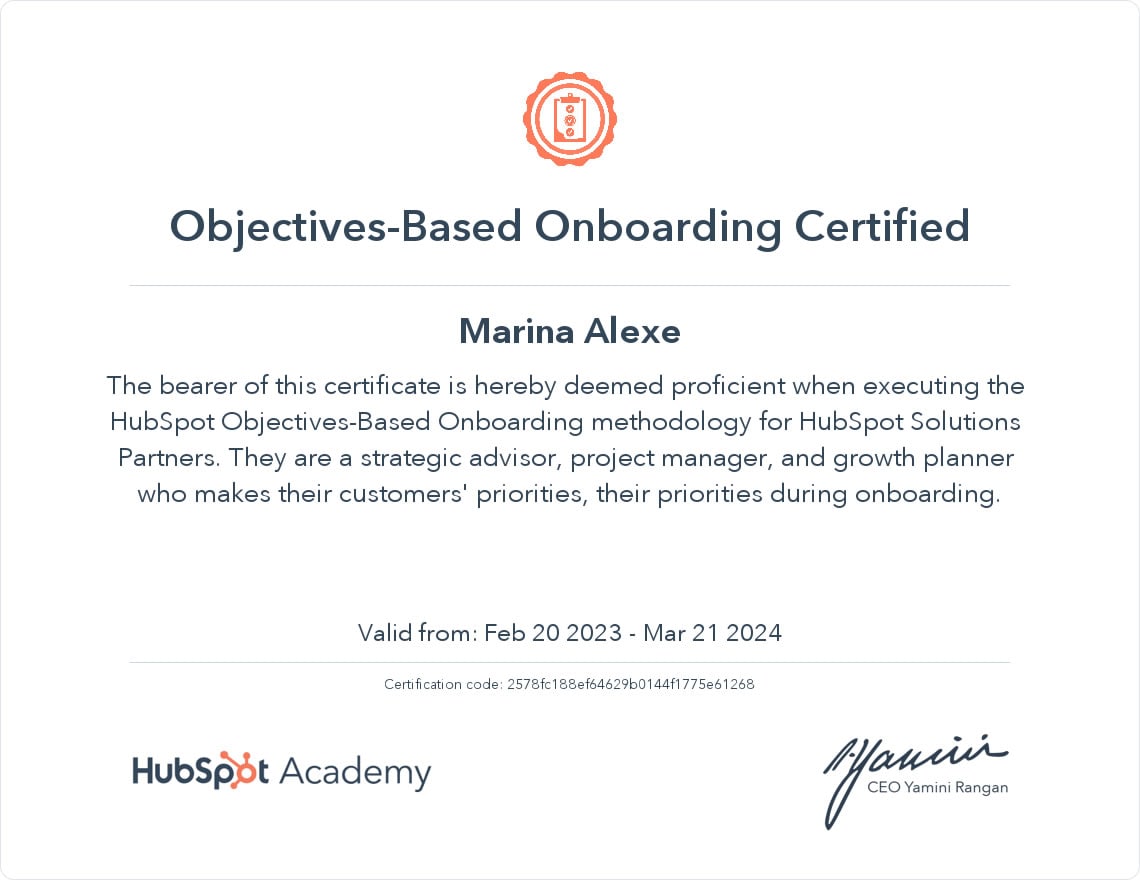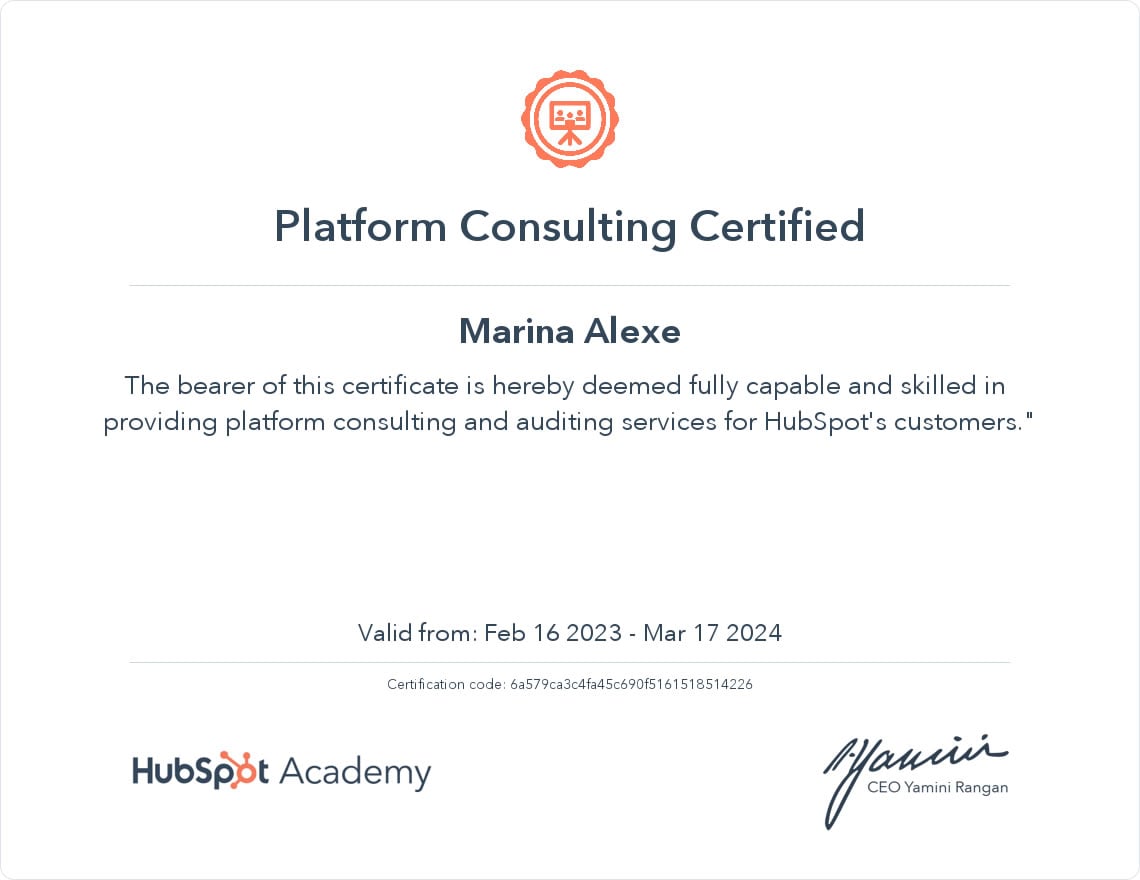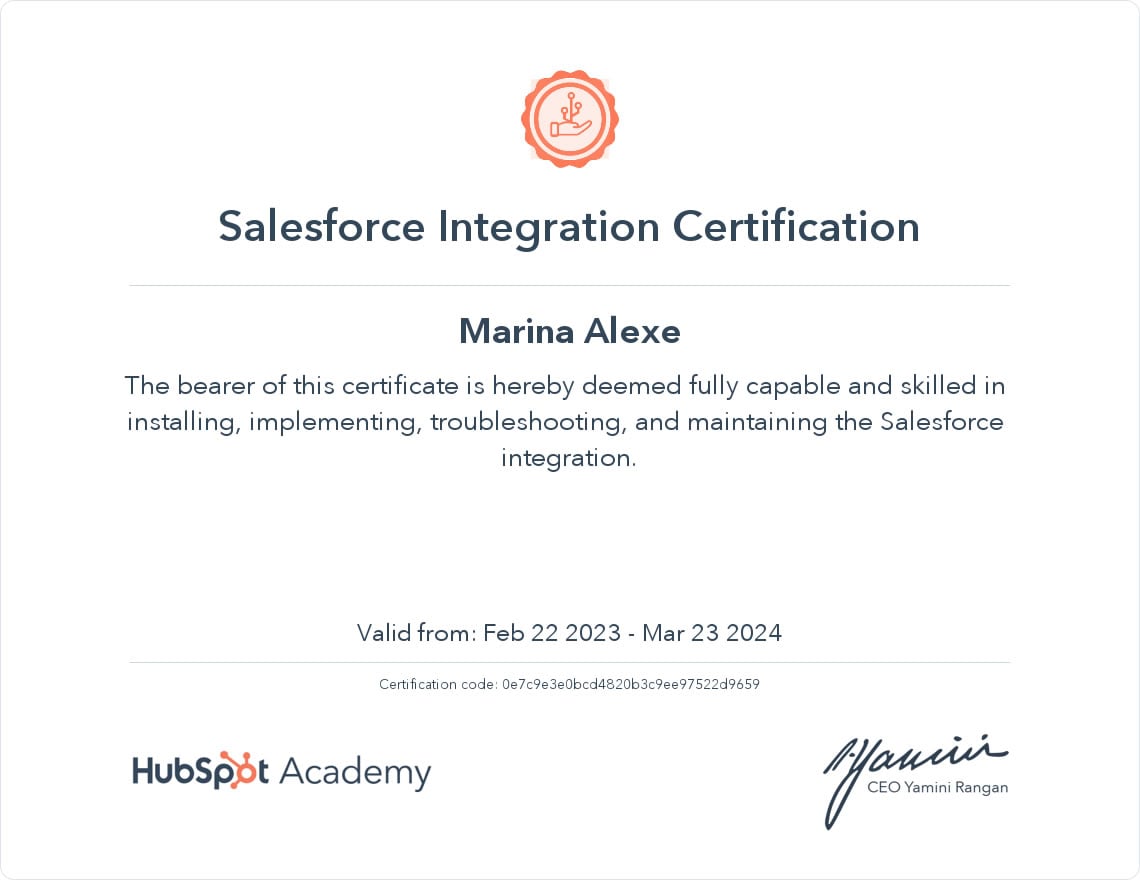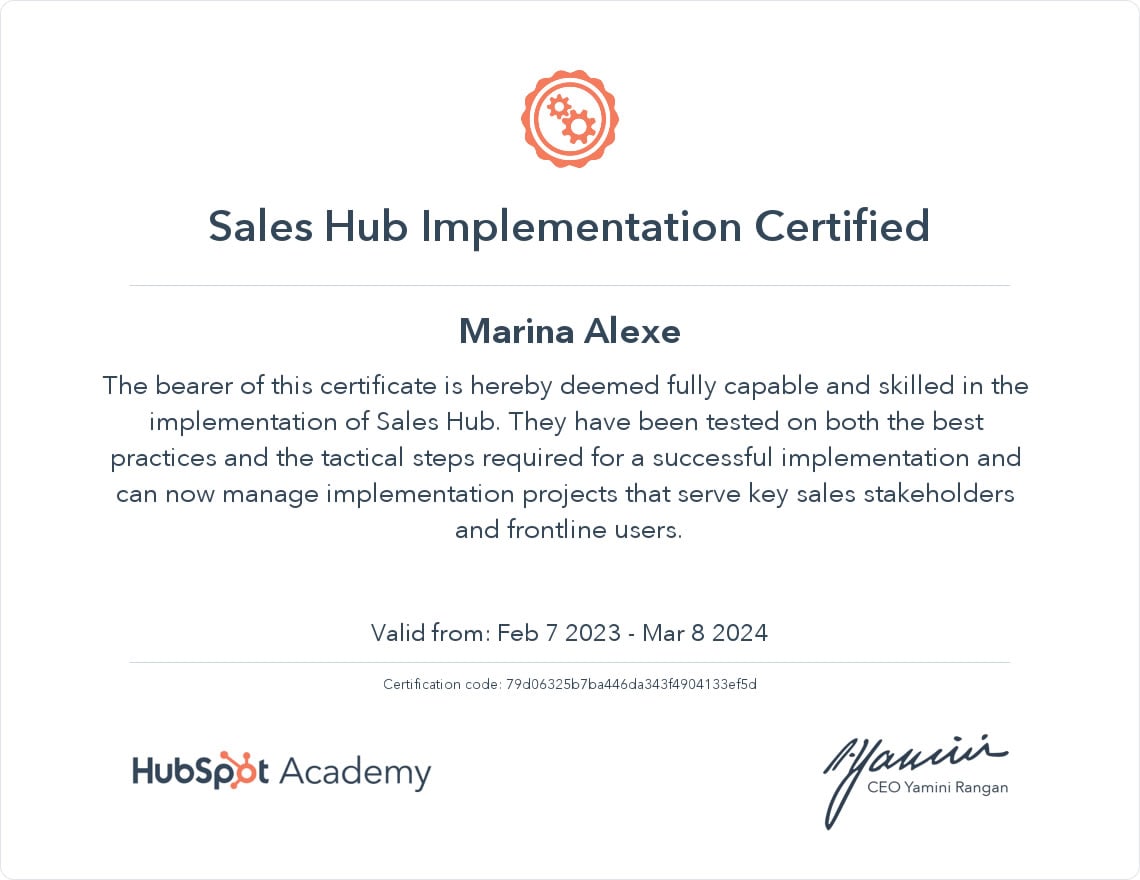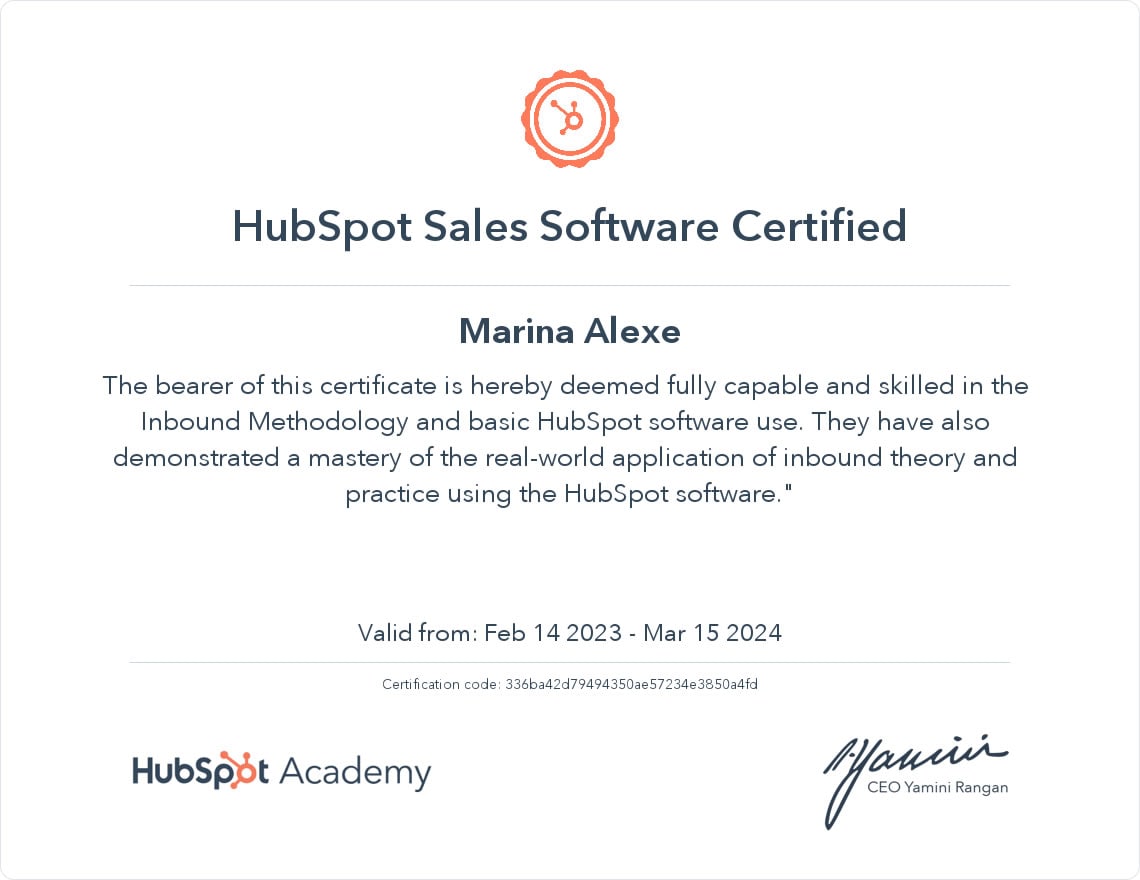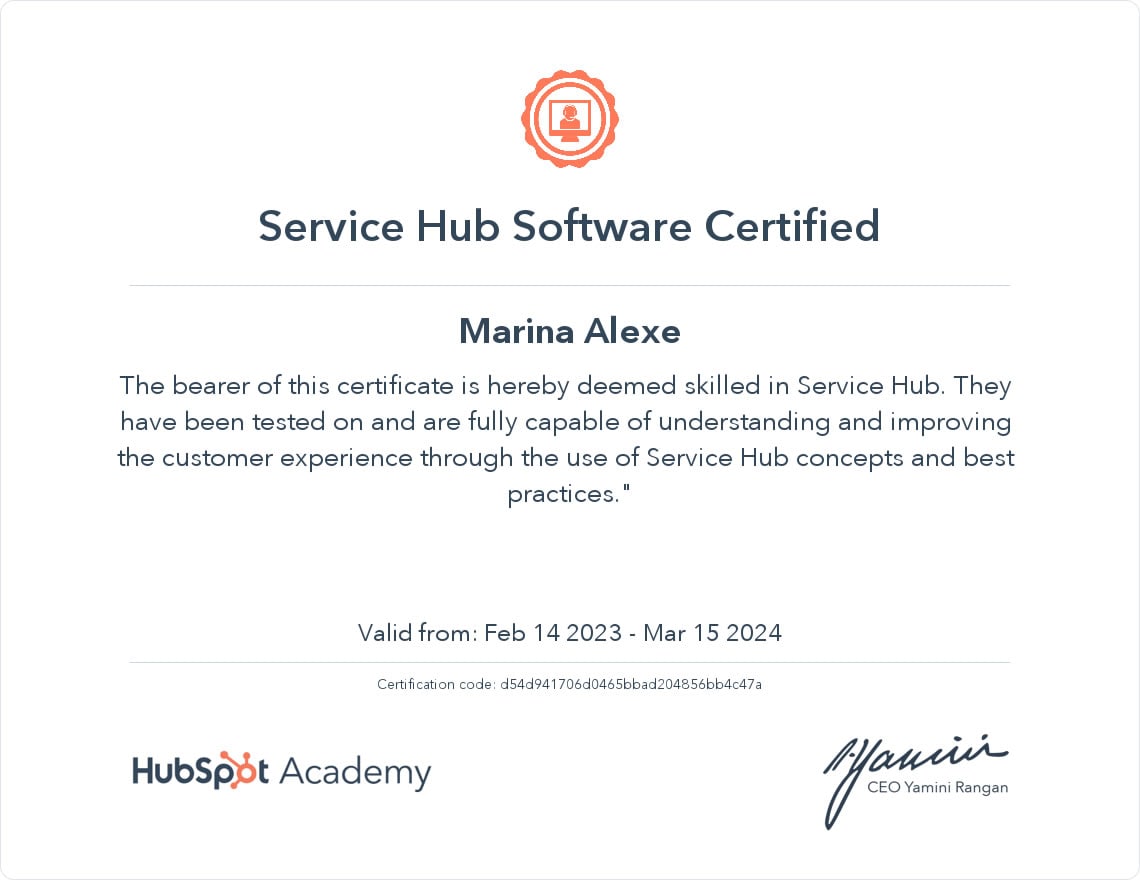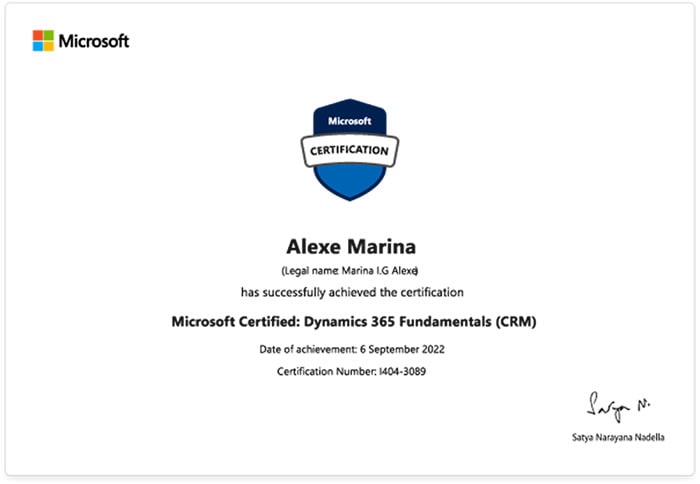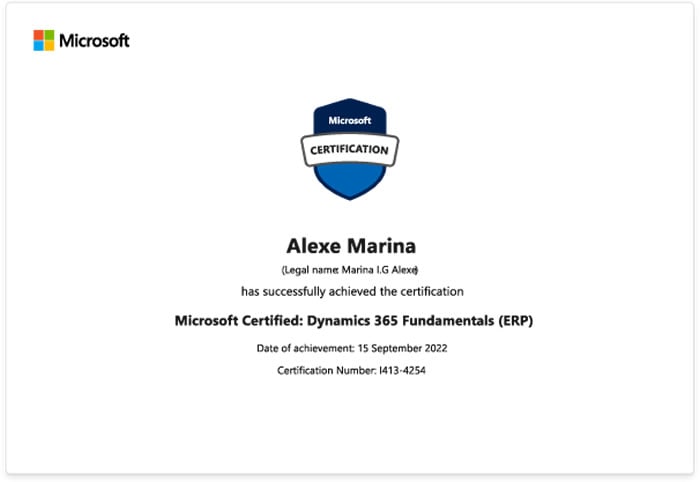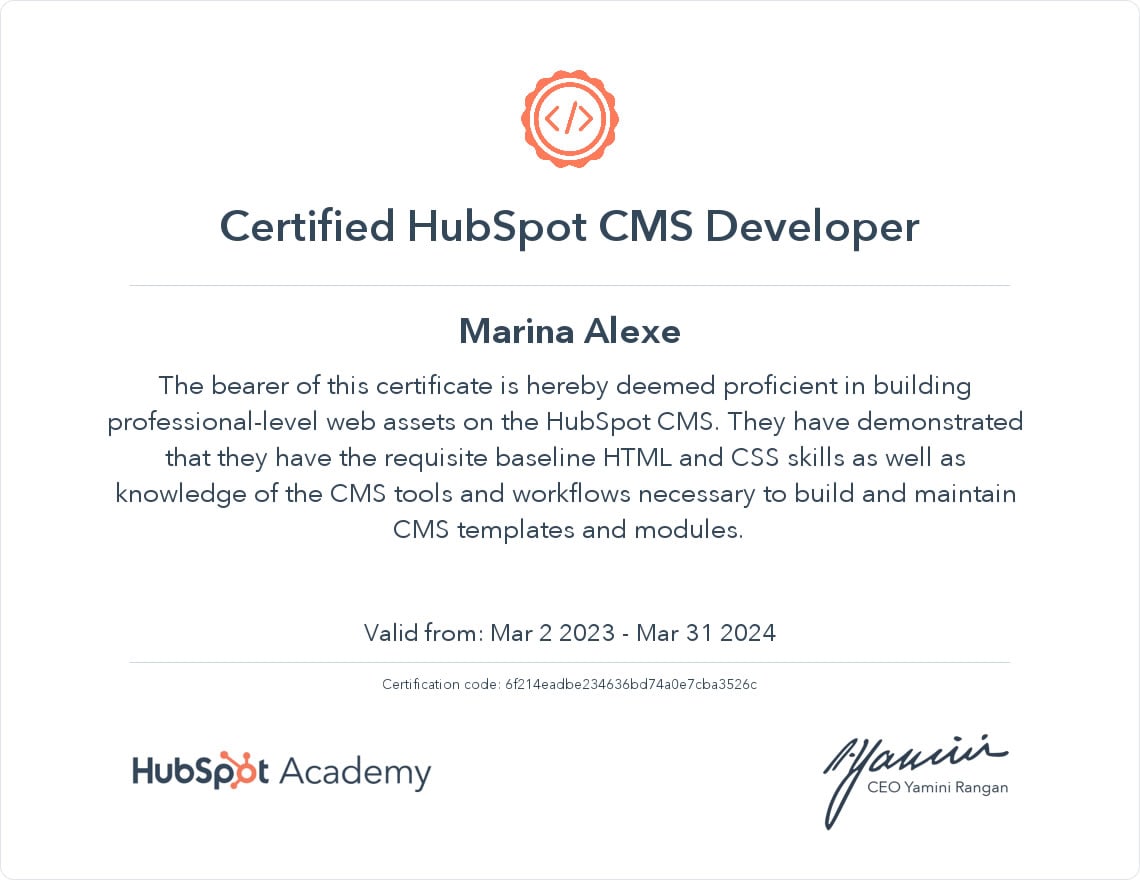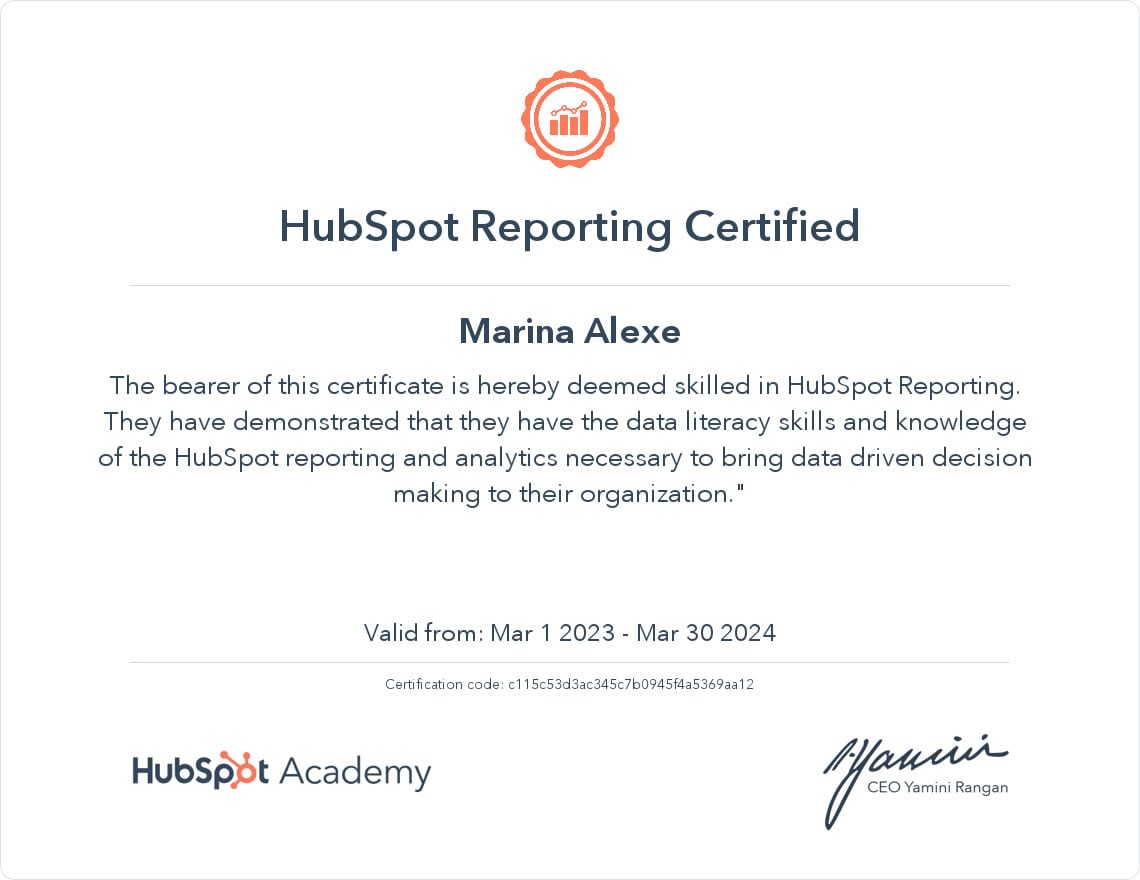Challenge
One of our clients had been leveraging two separate HubSpot accounts to manage their distinct business units. Managing duplicate accounts created additional fees and took crucial time and resources as their businesses grew. In order to improve efficiency, they opted to combine both HubSpot accounts into one while retaining clear segmentation between their business segments. The challenge lay in seamlessly migrating a wide array of critical components, including contacts, deals, businesses, firms, reports, and their website, all while ensuring uninterrupted business operations.

Solution
Data migration - We utilized HubSpot’s import plugins to facilitate the migration of contacts, deals, and companies from one account to the one that would become the consolidated account for both firms.
Email migration - To begin, we created custom reports that included email connections from the first HubSpot account. To verify that everything was correctly imported into the second HubSpot account, the data was subjected to rigorous validation and verification methods.
Website migration - The whole content of the website, including the pages, photographs, and multimedia components, was manually transferred to HubSpot. The website theme was then tweaked to meet the customer's branding and aesthetic requirements. The blog was imported independently to retain the quality of the content and enhance search engine exposure.
Differentiation - To set distinct boundaries between the two company segments under the consolidated account, we made use of HubSpot's Business Units tool.

Highlights and results
Efficient Data Management
Enhanced Business Unit Differentiation
Email Connections Integration
Cost Reduction

Interested?
Tell us about your company needs and
get a quote or our professional opinion.
Contact us
Full technology
stack
CRM and ERP
certifications

HubSpot Data
Integrations Certified

Marketing Hub
Implementation Certified

HubSpot Marketing
Software Certified

Objectives-Based
Onboarding Certified

Platform Consulting
Certified

Salesforce Integration
Certified

Sales Hub
Implementation Certified

HubSpot Sales
Software Certified

Service Hub
Software Certified

HubSpot CMS Developer
Certified

HubSpot Reporting
Certified

Microsoft Dynamics 365
Fundamentals (CRM)

Microsoft Dynamics 365
Fundamentals (ERP)
Latest
Announcements












